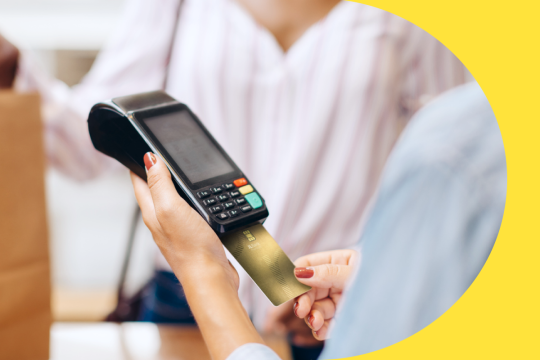Credit card interest rates are often pretty steep. Fortunately, there’s a way to spend your hard-earned money without accruing interest: credit card grace periods.
Many credit cards offer grace periods, which amount to temporary interest-free loans from your credit card issuer.
Want to know how to avoid interest on credit card purchases during their grace periods? Here’s how:
What is a grace period?
A grace period typically starts at the end of your billing cycle and lasts until your payment due date. If you pay off your balance in full and on time during this period, you won’t be charged any interest.
Sounds too good to be true, right? Before you get too excited, let’s clarify how credit card grace periods really work.
First things first: The grace period on credit cards doesn’t give you an extension on paying debts you already owe. It also won’t make your credit card debt, late fees, or interest charges suddenly disappear.
Credit card grace periods apply only to purchases. Cash advances accrue interest from the day you take the advance.
How does a credit card grace period work?
To take advantage of a grace period, you must know the ins and outs of your credit card — the billing cycle, the cost of keeping a balance, and how the lender charges interest on your purchases.
These essential concepts help explain how grace periods work:
1. Billing cycle. Your credit card company sets a billing cycle, usually a month-long period. At the end, your purchases are tallied up in a statement.
2. Statement generation. At the end of the billing cycle, your credit card company generates a statement summarizing the transactions made during that period.
3. Grace period length. The grace period starts the day your statement is generated and typically lasts 21–25 days, depending on the credit card company.
4. No interest charges. If you pay your credit card balance in full by the due date during the grace period, you won’t be charged any interest on your purchases.
5. Interest on unpaid balances. If you don’t pay the entire balance by the due date, any outstanding balance will start accruing interest.
How long is a typical grace period?
The grace period’s length varies depending on your credit card company. U.S. federal law doesn’t require credit card companies to offer a grace period, but where an issuer offers one, it must be at least 21 days.
What happens if you don’t pay your entire balance?
If you can’t make the whole payment by the due date, make at least the minimum payment — or more, if possible. You’ll lose the grace period and start paying interest, but you won’t pay a late fee.
How to make the most of your credit card grace period
Follow these three steps to make the most of your credit card grace period:
-
Find out if your credit card offers a grace period.
-
Pinpoint your billing cycle dates.
-
Plan your purchases early in the billing cycle.
Let’s take a look at how you make this happen.
Step 1: Does your credit card offer a grace period?
Do credit cards have grace periods? It depends on your financial institution. Again, some companies offer a grace period, but others may not.
Here’s how to know if your card has a grace period:
- Review the cardholder agreement. If your card offers a grace period, it will be part of the cardholder agreement, which is a legal document outlining the card's term and conditions.
- Contact customer support. You can call the customer service number on the back of your credit card to ask about the grace period.
- Check the website. Many card issuers provide information about their credit cards, including grace periods, on their websites.
- Review your monthly credit card statement. On your monthly statement, look for the section explaining how interest is calculated and when it starts accruing.
- Contact them online. You can often contact the card issuer’s customer support via email or online chat.
It helps to have a grace period commitment in writing. If you have the cardholder agreement, hang on to it. If you call customer support and they confirm your card has a grace period, ask the agent to send you an email guaranteeing what they’ve promised.
Step 2: Understand the billing cycle and grace period dates
Once you’ve confirmed that your credit card offers a grace period, review your cardholder agreement or monthly statement to determine how the billing cycle and interest rate charges are applied. Find out:
-
When is the billing cycle? What is the start date and the end date?
-
When does the grace period start? When does it end?
-
When is the credit card payment due date?
-
What is the penalty if you fail to pay back the entire balance?
Even if you’re not planning to take full advantage of the grace period, understanding how your credit card works can help you build credit and keep a good credit score.
Step 3: Plan your purchases for the billing cycle
Once you’ve identified when the billing cycle starts, try to plan your purchases early in that cycle.
But let’s be real: You can’t always predict when you’ll need to make a purchase. If your car suddenly needs new tires or your furnace unexpectedly breaks in winter, you probably can’t wait until the next billing cycle to pay for those repairs
Some purchases you can predict though. If you’re planning a beach holiday for next winter, you can wait until the first day of the next billing cycle to book it and take full advantage of the grace period to pay it off.
Here is an example timeline to illustrate the advantages:
Let’s say your credit card’s billing cycle ends on March 26. It would be best to wait until the first day of the next cycle — March 27 — to make a big purchase.
You’ll receive a statement tallying the purchases up to March 26 and confirming the billing cycle is over. The next billing cycle has begun, and it ends on April 26.
That’s when the 21-day grace period begins. Payment for the current cycle isn’t due until May 17, nearly two months later. During the grace period, you can repay your March 27 purchase without incurring any interest charges.
If you receive bi-weekly pay from your job, you could get three or even four paychecks in that period.
Build your financial health with EarnIn
No matter which bank or credit card you choose, EarnIn supports your financial journey by giving you access to your earned wages before payday. The best part? There’s no interest, no credit check, and no mandatory fees.
The EarnIn App offers powerful tools to give you a new set of options with your money. Our Cash Out tool lets you access your pay as you work — up to $100 a day and up to $750 every pay period — so you have what you need to keep moving forward without having to time your credit card grace periods. Plus, EarnIn offers a credit card payoff calculator that creates personalized plans to help you tackle debt faster and smarter.
Download the EarnIn app today and experience money at the speed of you.
Please note, the material collected in this post is for informational purposes only and is not intended to be relied upon as or construed as advice regarding any specific circumstances. Nor is it an endorsement of any organization or services.
You may enjoy
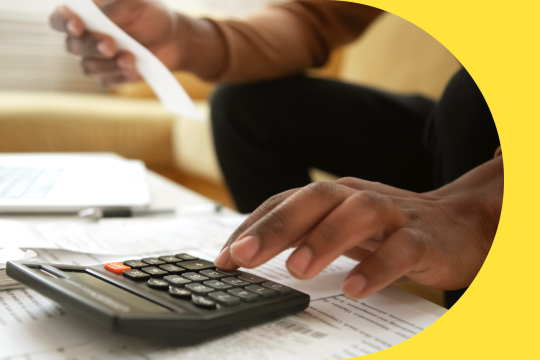
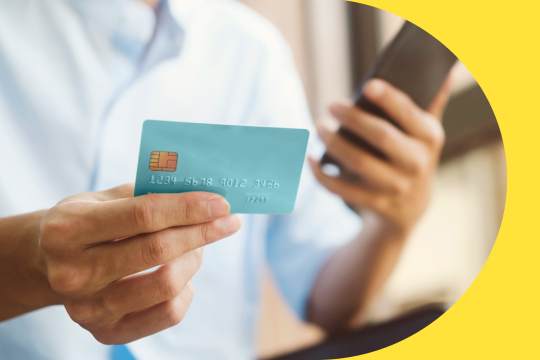
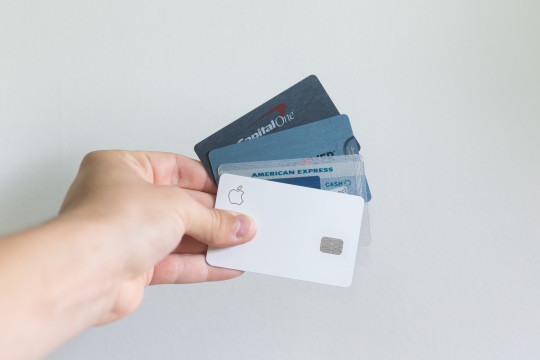



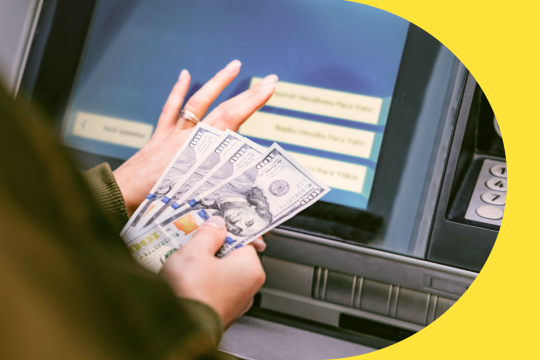
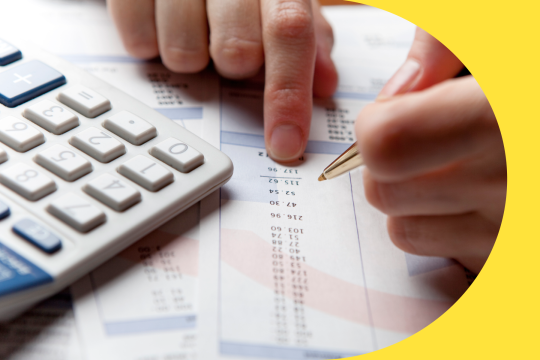
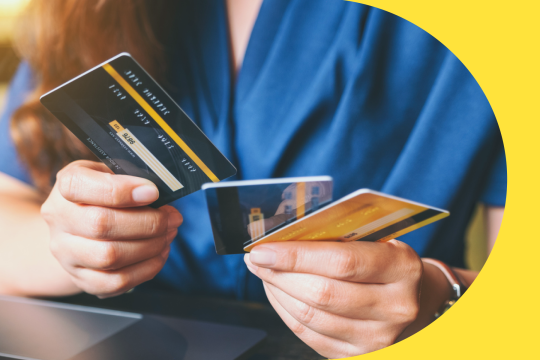


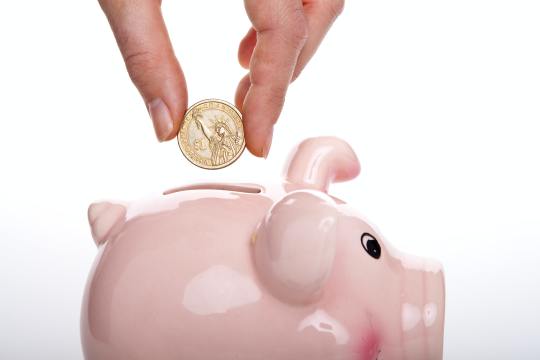
EarnIn is a financial technology company not a bank. Subject to your available earnings, Daily Max and Pay Period Max. EarnIn does not charge interest on Cash Outs. EarnIn does not charge hidden fees for use of its services. Restrictions and/or third party fees may apply. EarnIn services may not be available in all states. For more info visit earnin.com/TOS.

